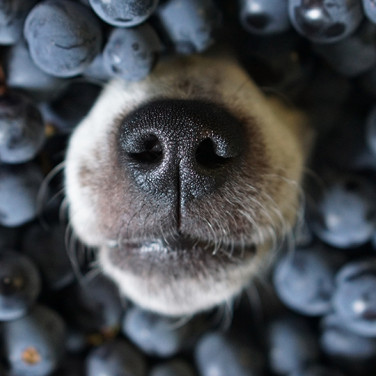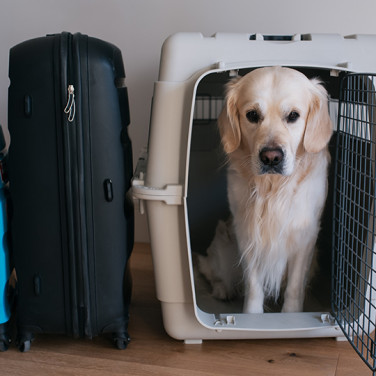ARTICLE
Why is My Dog Drinking a Lot of Water? How Much Water is Too Much?
페이지 정보
본문
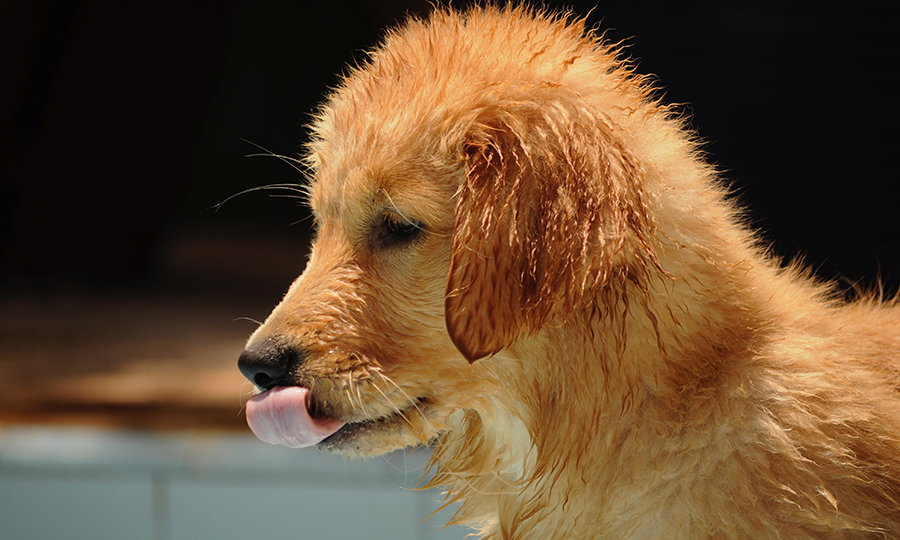
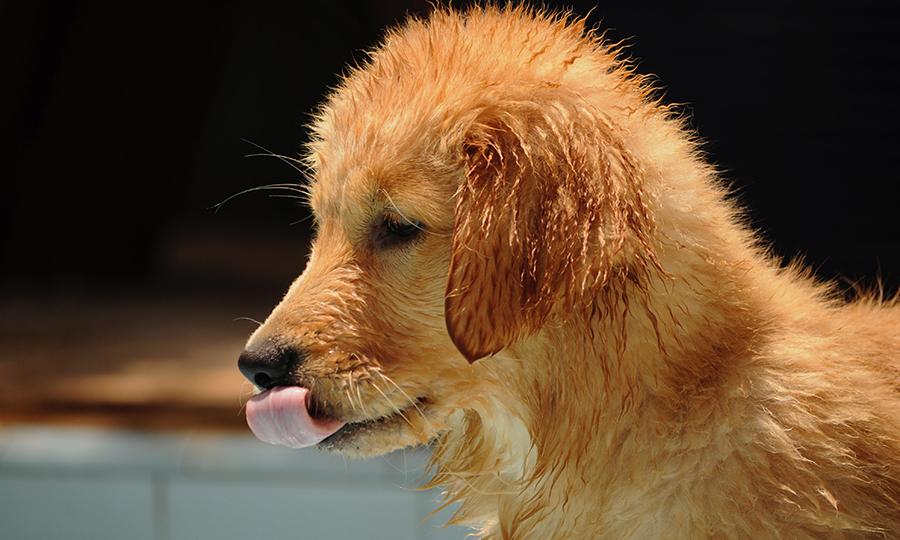
Overview
As a pet owner, it’s important to keep an eye on your dog’s water intake. Dogs need a certain amount of water to stay healthy and hydrated. However, excessive thirst in dogs can indicate an underlying issue. In this article, we will explore the reasons why your dog may be drinking a lot of water, how much water your dog should be drinking daily, home solutions, and more. Everything you need to know about your dog’s sudden or gradual onset of excessive thirst will be answered here in sections for your convenience.
Why is my dog drinking so much water?
Many factors can contribute to excessive thirst in dogs, including diet, age, medication, health conditions, electrolyte imbalances, frequent exercise, and lifestyle are all possible causes of excessive thirst in dogs.
-
Diet:
If you notice that you are refilling your dog’s water bowl more often than usual, you may want to pay attention to what they eat daily. From food scraps to certain dog snacks, foods high in salt, protein, or fat can make a dog naturally thirsty. It is recommended to avoid feeding any dogs food scraps high in sodium, fat, and oils due to the common cause of digestive issues they cause.
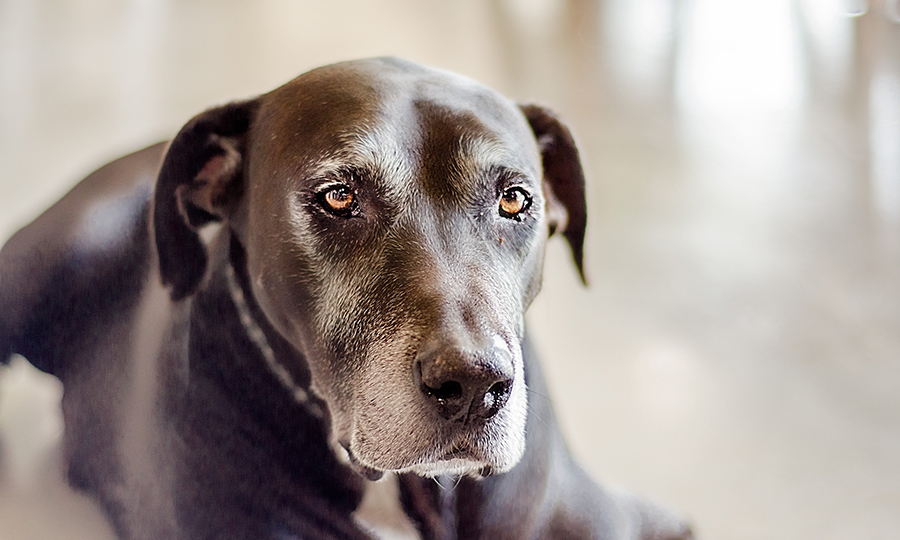
-
Age:
On both spectrums, puppies may need more water because their kidneys are not yet fully developed to concentrate urine well. Similarly, elderly dogs may have reduced kidney function over time, making them more prone to dehydration. Older dogs may also drink more due to CDS or other underlying medical issues from old age.
-
Medication:
Certain medications can cause excessive thirst in dogs, such as steroids, diuretics, and anti-seizure medications.
-
Imbalance in electrolytes:
Dogs may drink more water if they have an imbalance in electrolytes, such as low sodium or potassium levels. Certain conditions that cause a dog to be dehydrated and a high-sodium diet can cause an electrolyte imbalance. Symptoms such as vomiting and diarrhea will also cause a dog to be dehydrated which can lead to an imbalance of electrolytes.
-
Climate and lifestyle:
Dogs that exercise frequently or live in hot climates may need to drink more water to stay hydrated. It may be best to reduce outdoor time slightly on hotter days for the dogs that get dehydrated quickly during these climates.
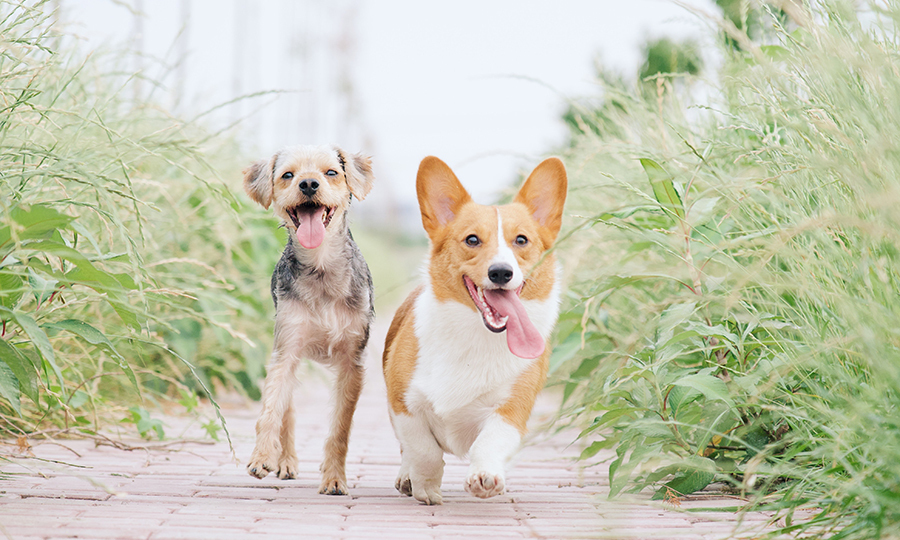
-
Illnesses:
Excessive thirst in dogs is a common sign of an underlying disease with a wide variety of culprits to consider. Anything from Cushing’s disease and Addison’s disease to diabetes, kidney disease, and liver disease can cause your dog to drink lots of water.
Among the many diseases that can cause excessive thirst in dogs, the most common causes are as follows:
-
Kidney disease:
Kidney or renal failure is a chronic progressive disease that diminishes the kidney’s ability to filter waste products which draw more water along with the toxins in a dog’s body. This can cause frequent urination, which leads to dehydration and increased thirst.
-
Cushing's disease:
This condition in dogs is caused by the overproduction of steroids within the adrenal gland and a stress hormone called cortisol. Dogs with Cushing’s disease will exhibit symptoms such as panting, hair loss, and increased hunger along with excessive thirst.
-
Diabetes mellitus:
Diabetes is a disease in which the pancreas does not produce enough insulin to help regulate a dog’s blood sugar level appropriately. This causes a spike in glucose levels, which the body tries to regulate through excessive urination. Eventually leads to increased thirst as too much fluid is leaving the body to eliminate the excess glucose not regulated by the pancreas. You will notice signs of lethargy, loss of appetite, vomiting, and diarrhea.
How much water should a dog drink daily?
The amount of water a dog needs to drink daily depends on their size, age, diet, activity level, and overall health. A general rule of thumb is that dogs should drink around 1 oz of water per pound of body weight per day. For example, a 50-pound dog should drink approximately 50 ounces of water per day.
However, it's important to remember that this is just a guideline, and some dogs may need more or less water than others. If your dog is on a canned food diet, they may drink less water because they are getting their water intake partially from their meal. If you're still unsure how much water your dog should be drinking, consult with your veterinarian to help determine your dog's specific water needs.
Why do some dogs drink a lot of water at night?
Some dogs may drink a lot of water at night due to a medical condition or behavioral issue, such as anxiety or boredom. If your dog is drinking a lot of water at night, it's important to consult with your veterinarian to rule out any medical issues first. With everything ruled out, it may be safe to just let your dog have their evening swigs.
When to worry about a dog's excessive thirst?
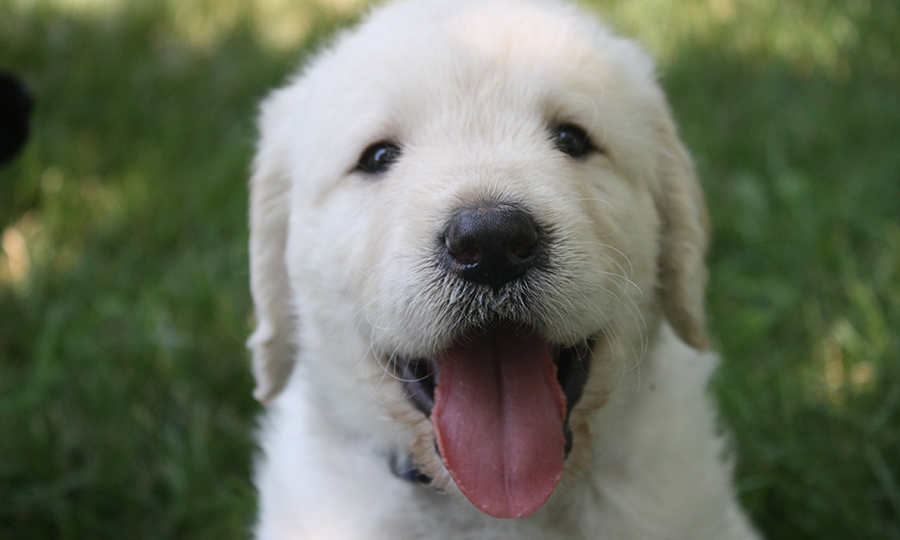
If your dog is drinking more water than usual or showing other signs of dehydration, such as lethargy or loss of appetite, you should contact your veterinarian. Additionally, if your dog is drinking an excessive amount of water, it could be a sign of a more serious underlying condition. If left untreated, excessive thirst can lead to dehydration and other health issues. Other symptoms that may accompany dehydration in dogs include vomiting, diarrhea, and weight loss. If your dog is exhibiting any of these symptoms, it's essential to contact your veterinarian as well.
Home treatments you can try at home to help with your dog's excessive thirst
Some home treatments that can help with a dog's excessive thirst include providing fresh, clean water at all times, feeding a well-balanced diet, limiting exercise in hot weather, and providing a cool and comfortable living environment. It is also important to remember that these treatments may not be effective in treating an underlying medical condition causing excessive thirst, and a consultation with a veterinarian is always recommended. Your veterinarian can help determine the underlying cause of your dog's excessive thirst and recommend appropriate treatment options for a quick prognosis.
Conclusion
Excessive thirst in dogs can be a symptom of an underlying health condition, and it's important for pet parents to monitor their puppy's behavior and contact a veterinarian if they have any concerns. While some dogs may naturally drink more water than others, excessive thirst can also indicate a health problem that requires medical treatment. By understanding the potential causes of excessive thirst in dogs and taking steps to ensure that your dog is getting enough water and a balanced diet, you can help to keep your furry friend healthy and happy. If you have any questions or concerns about your dog's water intake, be sure to reach out to your veterinarian for guidance!
Read more on the Buddydoc blog page!

Buddydoc provides a weekly updated blog to keep you informed on the latest and best ways to prepare and take care of your pet all year round. Check out more articles you may be interested in!



